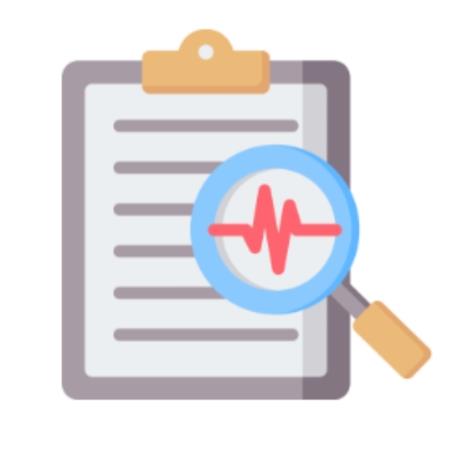- Norfolk Public Schools
- Grades K-2
- Assessment
Literacy Plan
Page Navigation
- Home
- Literacy Plan Action Steps
- Preschool
- Grades K-2
- Grades 3-5
- Grades 6 - 8
- Grades 9 - 12
- Literacy Across Content Areas
- Learning Support - Special Education Services
- English Learners
- Resources for Families
- Norfolk: A Community of Readers and Writers
- READ 14.2 Initiative
- Professional Development
- Virginia Literacy Act: Overview & Updates
- Virginia Literacy Act: Required Division Documents
- Glossary of Literacy Terms
K-2 Assessment
-
Types of Assessments
Assessments offer valuable insights to guide teaching methods, monitor student progress, and serve as the foundation for evaluations. While certain assessments are mandatory for all students, teachers also employ others to determine specific instructional needs. Various types of assessment enable the collection of data about students, so teachers can make informed decisions and design effective instruction.
-
 Universal Screening
Purpose: To identify students who may be at risk and are likely to require additional instructional support with literacy development
Universal Screening
Purpose: To identify students who may be at risk and are likely to require additional instructional support with literacy development
-
 Diagnostic
Purpose: Determine student strengths and skill gaps providing information on the specific literacy needs of individual students
Diagnostic
Purpose: Determine student strengths and skill gaps providing information on the specific literacy needs of individual students
-
 Progress Monitoring
Purpose: Determine whether students are making adequate progress towards critical skills and evaluate the effectiveness of core instruction and interventions
Progress Monitoring
Purpose: Determine whether students are making adequate progress towards critical skills and evaluate the effectiveness of core instruction and interventions
-
Balanced Assessments
Click the document below to find more information about specific assessments administered in kindergarten through second grade.
-
Literacy Portfolios

Portfolio assessment in Norfolk Public Schools was first implemented in the fall of 1989. This summative documentation provides the teachers and administrators with an up to date snapshot of student and class progress that can be evaluated throughout the year. Each of the portfolio assessments are vital for assessing student progress in reading and writing. Portfolios also provide parents with concrete examples of their children’s knowledge and growth. As opposed to more traditional tests, portfolios show parents exactly how their children are performing on a daily basis and throughout the year. Assessing Writing
The goal of writing assessment is the improvement of students’ writing skills.
In addition to reading assessment documentation, the Literacy Portfolio must also contain three writing samples for every student in grades K-5. Depending upon the grade level and the unit, one sample may be scored for a particular stage of the writing process, such as prewriting or first draft. The other two samples must be completed writings showing the entire writing process.

Guidance for Assessing Writing Determining Writing Grades NPS Composition Evaluation Sheets NPS Developmental Phases of Writing

